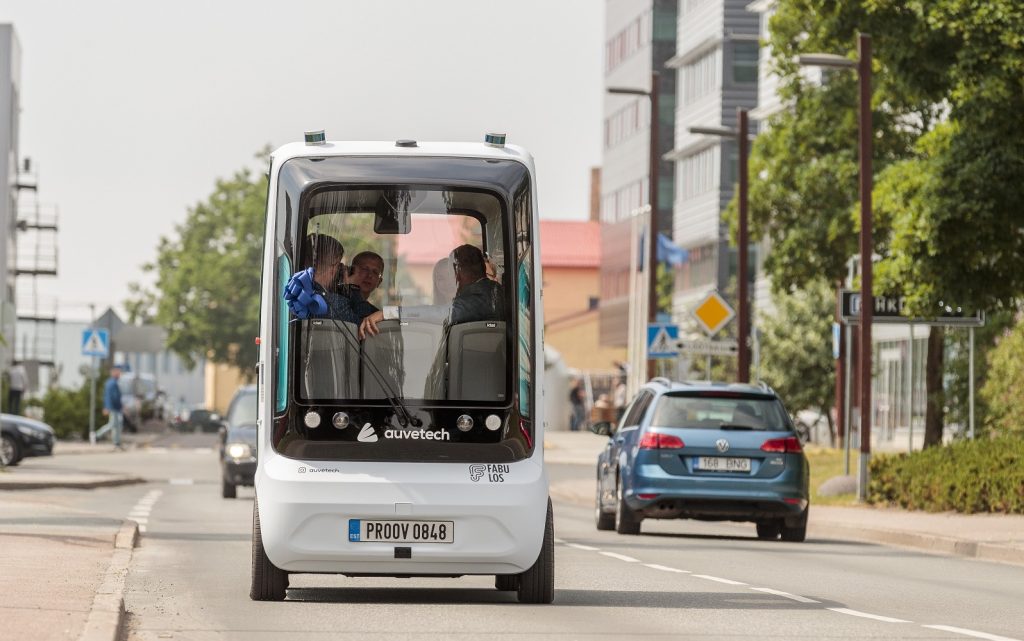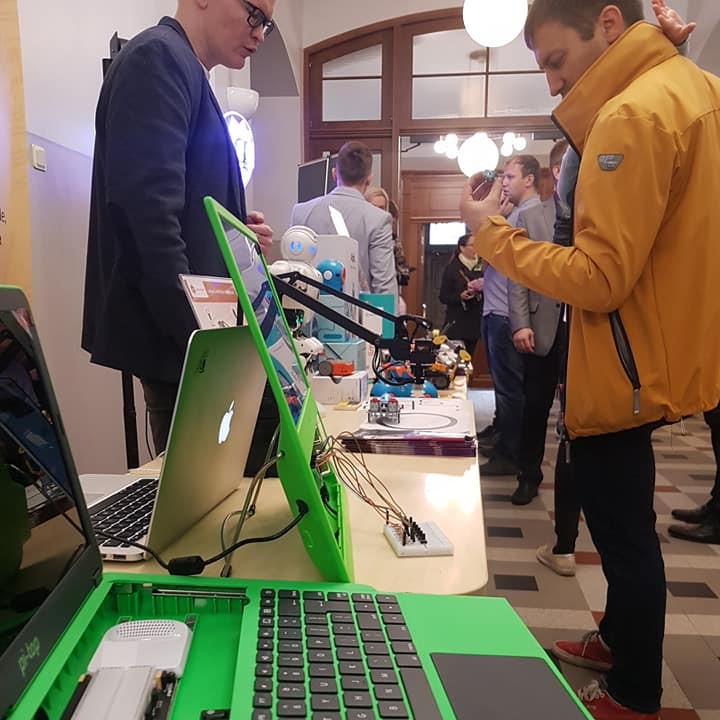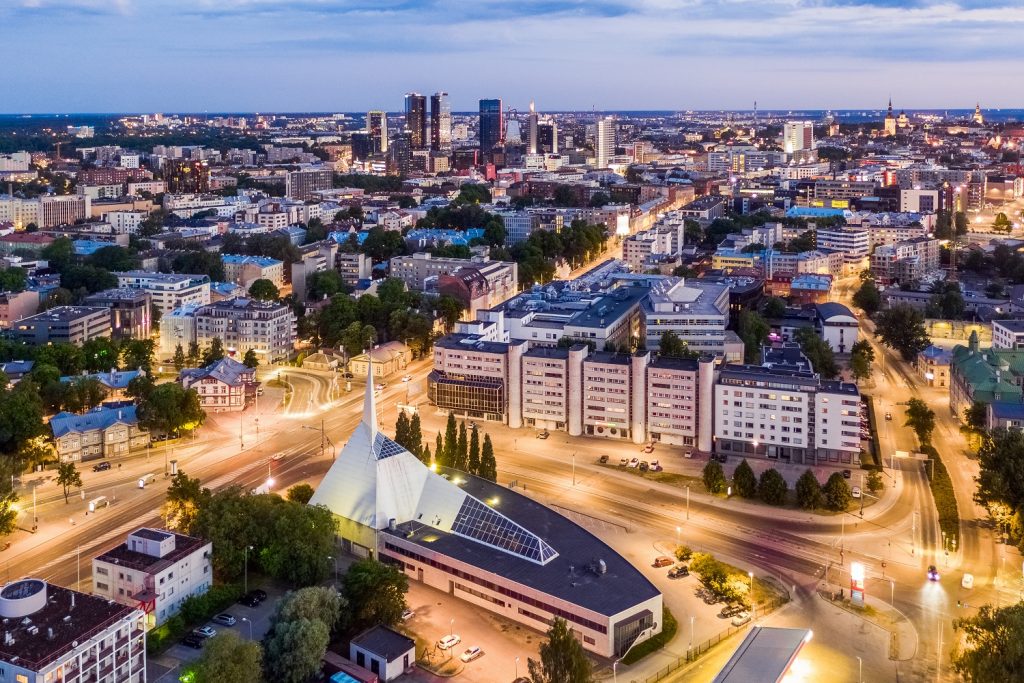The Estonian capital, Tallinn, succeeds Taoyuan in Taiwan as the “number one intelligent community”.
The “intelligent community” title is handed over annually by the New York-based Intelligent Community Forum (ICF) – a global network of 180 cities, metro regions and counties, with a think tank at its heart. The think tank studies and promotes the best practices of the world’s “intelligent communities” as “they adapt to the new demands” and “seize the opportunities presented by broadband and digital technology”.
Tallinn was handed the top title for the first time in the twenty-one-year history of the award, the ICF said. “Tallinn is, by anyone’s measure, a place that looks like our future needs to look,” the ICF’s cofounder Louis Zacharilla said in a statement.
“Amazing progress”
Tallinn was selected as the “2020 Intelligent Community of the Year” – succeeding Taoyuan, Taiwan – after a one-year evaluation that included a quantitative analysis of extensive data, virtual site inspections by the forum’s judges and the votes of a jury made up of experts from around the world. Tallinn is also the first Estonian city named as “intelligent community of the year” and the second European community to be named in three years, following Espoo, Finland, in 2018.
John G. Jung, the ICF’s chairman and cofounder, said he had visited Tallinn many times – in an official role as well as privately as a tourist with his family. “I was able to witness first-hand this community’s amazing progress leveraging its innovative enabling technologies for improvements to Tallinn’s economy, culture and its quality of life,” he said in a statement.

The other six finalists competing with Tallinn for the top title were Adelaide and Sunshine Coast, both in Australia; Hamilton and Markham, both in Canada; and Hudson and Westerville, both in Ohio, the US.
Innovation
The ICF also brings some examples of the education and innovation-related initiatives in Tallinn.
“Beginning in 2018, Tallinn has hosted an annual festival of education: iduEDU. At the festival, schools, kindergartens and hobby schools in region share innovations and new study methods they have developed with each other and with their students’ parents. Private companies often attend the festival, where they introduce new technologies that may be useful to schools and give advice on their success stories and startup challenges,” the ICF noted.

“To support local startups and attract talent from beyond Estonia’s borders, Tallinn and its educational and business partners have launched multiple incubators targeting creative services, medical and biotech, mechatronics, and ICT,” the ICF said, adding that “Europe’s first gaming accelerator opened in Tallinn and the Ülemiste City industrial estate is expanding 50% to house 250 companies, making it the Baltics’ biggest knowledge-based development”.
A note from the editor
It is important to note here that Tallinn’s progress as an “intelligent community” has been achieved not merely by the residents of the city – but as the beating heart of Estonia, it is the work of the entire country.
For example, most of the Estonian educational institutions – except for the University of Tartu – have always been based in Tallinn. The ICF’s report notes, “with 23 universities and technical schools, Tallinn has the resources for a knowledge workforce; it has focused now on expanding access and filling demand for ICT and digital content skills”.

Nor is this the achievement of the city’s municipal government – although the local government plays its part. As the think tank says, “Tallinn’s first wave of IT industry growth was driven by national government spending on an amazing range of e-government applications”. Most of the decisions that helped develop Estonia’s digital state, were taken during the governments of Mart Laar, Tiit Vähi, Siim Kallas, Juhan Parts, Andrus Ansip and Taavi Rõivas.

